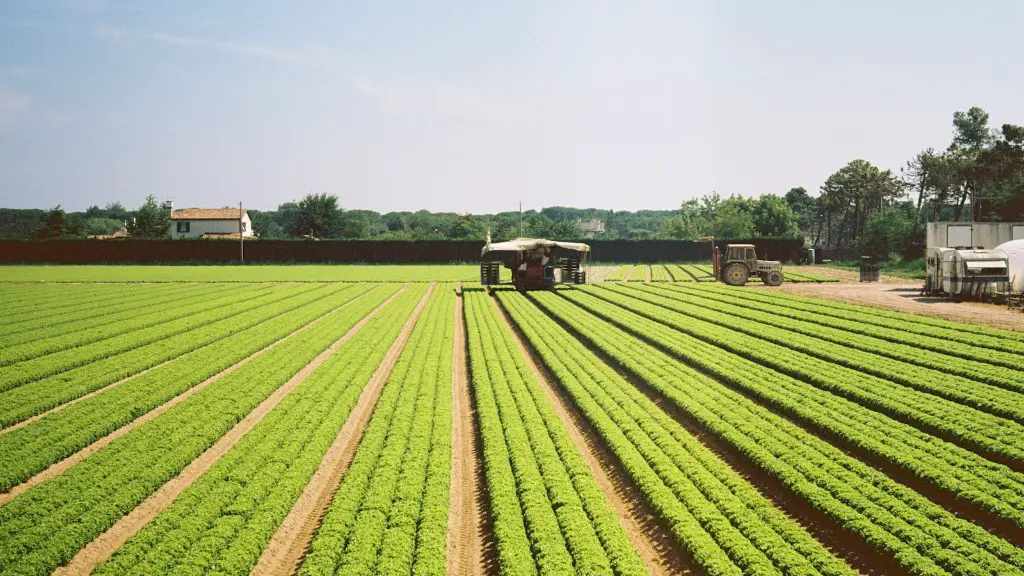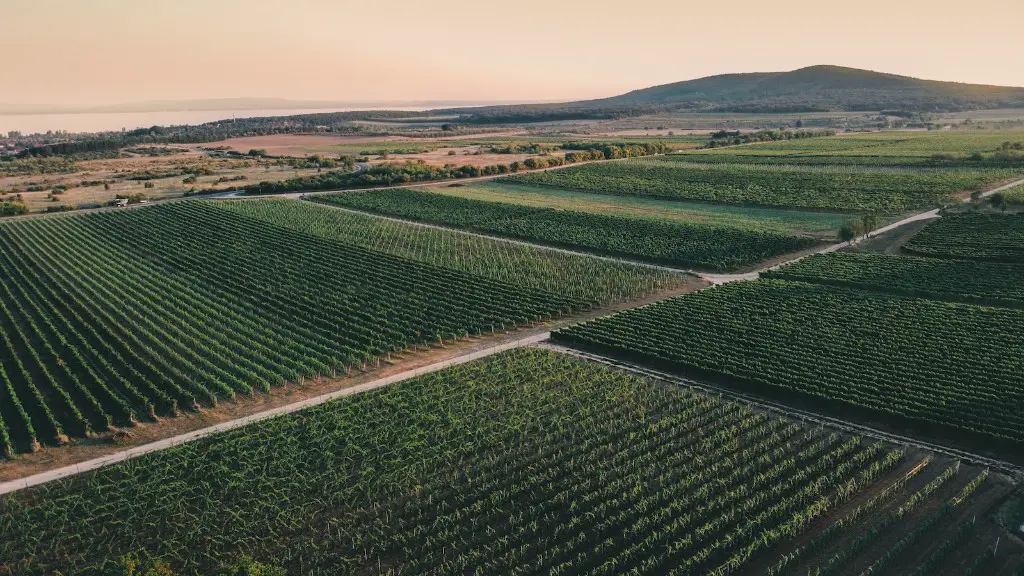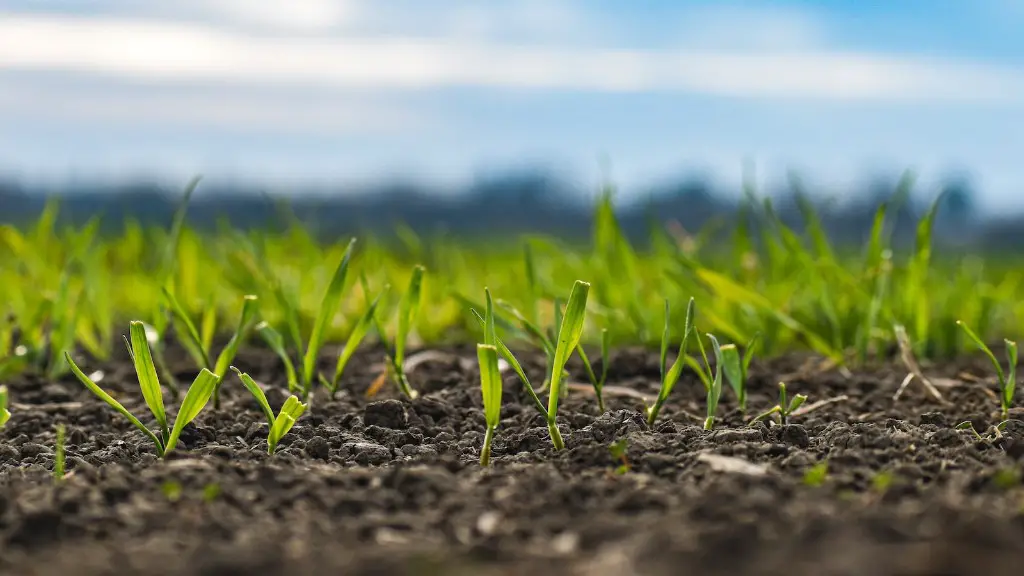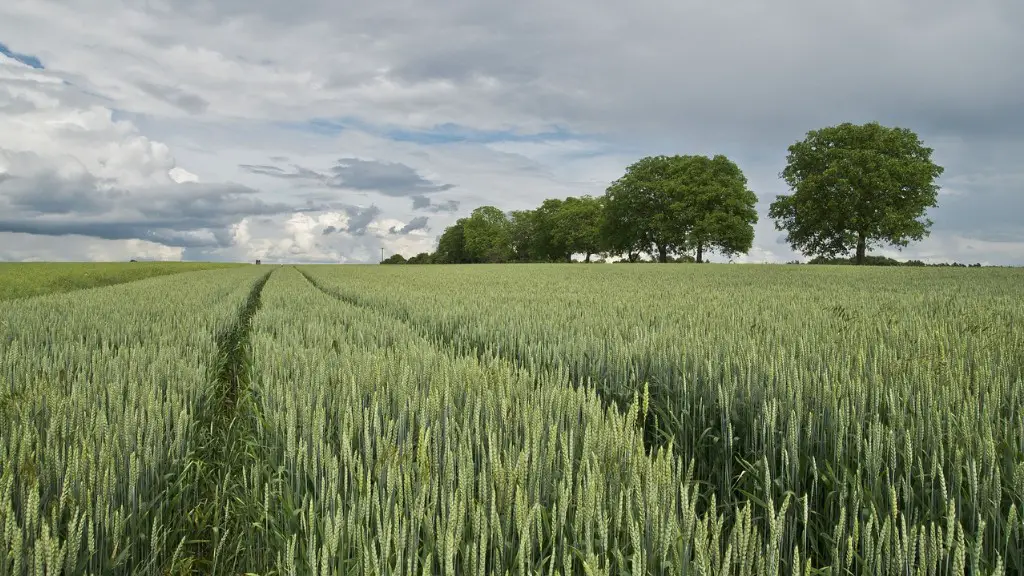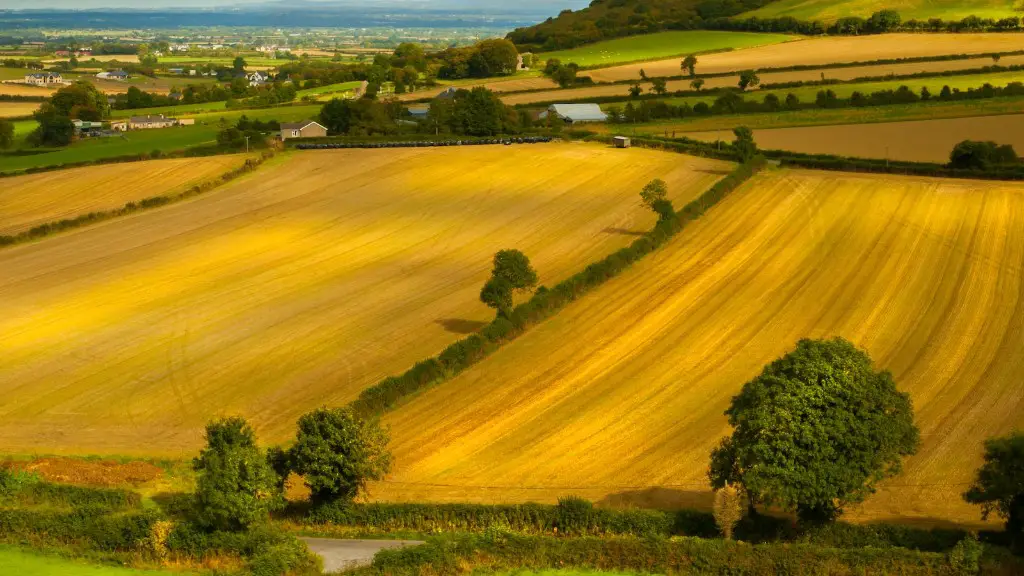The case for ending animal agriculture is clear. It is an environmentally destructive, inhumane, and unnecessary industry.
Animal agriculture is responsible for 18 percent of human-caused greenhouse gas emissions, according to a report by the United Nations. Methane and carbon dioxide from livestock are major contributors to global warming.
Animal agriculture is also water intensive. It takes around 2,400 gallons of water to produce a single pound of beef, and almost half of the world’s freshwater is used to raise animals for food.
The inhumane conditions of animal agriculture are well documented. Animals are routinely crammed into tiny spaces, deprived of exercise, and subjected to painful procedures.
There is no reason to continuesupporting an industry that is environmentally destructive, inhumane, and unnecessary. Join the movement to end animal agriculture and promote a more sustainable and humane food system.
1. Animal agriculture is a leading driver of climate change.
2. Animal agriculture is a major source of water pollution.
3. Animal agriculture is a leading cause of deforestation.
4. Animal agriculture is a leading cause of species extinction.
5. Animal agriculture is inhumane.
6. Animal agriculture is unnecessary.
How animal agriculture is destroying the planet?
Animal agriculture is one of the leading causes of greenhouse gas emissions. It is responsible for154 percent of global greenhouse gas emissions, of which around 24 percent is nitrous oxide, 26 percent is methane, and 50 percent is carbon dioxide. Animal agriculture is a major contributor to climate change and is one of the main causes of air pollution.
You can help farm animals by eating less meat, dairy, and eggs. About 9 billion land animals are slaughtered for food in the United States each year. You can also help by shopping for higher-welfare food. Never eat these foods: fight the growth of factory farms. Spread the word–and more!
Is animal agriculture necessary
Livestock production can be an important component of a sustainable agricultural system. It can provide an quality source of plant nutrients, be an income generator, and provide a an environmentally sound use of certain lands.
The FAO’s report on livestock’s contribution to the global economy is extremely important, as it underscores the significant role that this sector plays in supporting the livelihoods of billions of people around the world. This report should help to inform policy and investment decisions that will ensure the continued viability of the livestock sector and the people that depend on it.
What is wrong with animal agriculture?
The animal agriculture industry is the leading cause of most environmental degradation that is currently occurring. These detrimental effects happen due to overgrazing, habitat loss, overfishing, and more. We are currently in the next mass extinction and animal agriculture is only fueling this catastrophe.
If we all gave up meat, around eight million fewer people would die each year, as a result of lower levels of heart disease, strokes and cancer. This is a significant number and would have a positive impact on global health. However, it is important to note that most crops have lower levels of micronutrients per calorie than meat. This means that people who do not eat meat may be at risk for deficiencies in vitamins A, B12, and D, and some essential fatty acids.
Will animal agriculture ever end?
It is clear that consumer attitudes towards animal farming are changing, and Jacy Reese predicts that this will lead to the end of animal farming by 2100. This is a huge shift that will have a profound impact on the food industry, and it is one that we should all be prepared for. animal-free food options are becoming more and more available, and it is important that we educate ourselves on these options so that we can make the best choices for our health and the planet.
The way we produce food is one of the biggest threats to our planet. Industrial animal farming is unsustainable and cruel to animals. We must change the way we produce food to save the planet.
Is farming cruel to animals
Animals on factory farms are treated as mere commodities, crammed together with little space, natural light or stimuli. This is done to save space, as factory-farmed animals are crammed together in barren pens, crates or cages, preventing normal behaviours such as nesting or foraging. This results in great distress for the animals, who are constantly suffering in these conditions.
Farming is a hard life, but it’s a rewarding one. Farmers are out there every day, caring for their animals and working the land. It’s a tough job, but it’s one that comes with a lot of satisfaction. Every day is a new challenge, and every day is a new opportunity to make a difference.
How does animal farming affect the environment?
Livestock farming is a major contributor to water pollution. Animal waste, antibiotics and hormones, chemicals from tanneries, fertilisers and pesticides used to spray feed crops all contaminate water resources. This is putting an immense strain on the earth’s water resources, which are already under pressure from other industries and human consumption. This needs to be addressed urgently to protect our water resources for future generations.
Livestock farming has a huge environmental impact. It contributes to land and water degradation, biodiversity loss, acid rain, coral reef degeneration and deforestation. Nowhere is this impact more apparent than climate change – livestock farming contributes 18% of human produced greenhouse gas emissions worldwide.
Livestock farming is one of the most damaging activities humans engage in, and it urgently needs to be addressed if we are to stand any chance of mitigating the worst effects of climate change. Consumers need to be aware of the impact their choices have, and producers need to be held accountable for the environmental damage their activities cause.
What are the problems of animal production
Livestock production plays an important role in the global economy, but it also has a significant impact on the environment. Some of the important environmental issues that impact livestock production include global warming, tropical deforestation, water-use issues, rangelands and desertification, and livestock-wildlife interactions.
Global warming is one of the most serious threats to the environment, and livestock production is a major contributor to greenhouse gas emissions. Tropical deforestation is another major problem, as it leads to loss of habitat for wildlife and contributes to climate change. Water-use issues are also a concern, as livestock production uses large amounts of water, which can lead to shortages in areas where water is already scarce. Rangelands and desertification are also major problems, as they can lead to loss of grazing land for livestock and cause environmental damage. Finally, livestock-wildlife interactions can have a significant impact on both local ecosystems and the global environment.
Animal agriculture is responsible for the spread of many infectious diseases. These diseases include tuberculosis, brucellosis, and Salmonella. Animal agriculture is also responsible for the development of antibiotic resistance. This is when bacteria become resistant to the antibiotics used to treat them. Animal agriculture is also linked to chronic human diseases such as heart disease and cancer.
How does animal agriculture affect the US and world economies?
Animal agriculture directly supported over 46,000 jobs, but considering all other jobs sustained by the industry, the total is nearly 83,000 That total labor activity produced the equivalent of $78 billion in value added (or GDP, gross domestic product) from $20 billion in total economic output.
The animal agriculture industry is a major contributor to the US economy, supporting over 83,000 jobs and generating $78 billion in value added. animal agriculture is a vital part of the US food system, providing a safe and abundant food supply. The industry also plays a significant role in the economy, supporting farmers, ranchers, and other businesses throughout the country.
It is essential that we set the table to address the triple challenge of feeding a growing population, providing a livelihood for farmers, and protecting the environment. We must tackle these challenges together in order to make sustainable progress. Each challenge is interconnected, and we must consider all three in order to create lasting change. Only by working together can we hope to meet the needs of all people and preserve our planet for future generations.
Warp Up
There are a number of reasons why we should end animal agriculture. The main reason is that animal agriculture is a major contributor to climate change. Animal agriculture accounts for a large percentage of greenhouse gas emissions, including methane and nitrous oxide. These greenhouse gases are responsible for trapping heat in the atmosphere and causing global temperatures to rise.
In addition to contributing to climate change, animal agriculture is also responsible for other environmental problems, such as deforestation, water pollution, and soil erosion. Animal agriculture is a major user of land and water resources, and as the demand for meat and dairy products increases, more and more land is being used for animal agriculture. This is leading to deforestation, as well as water pollution from animal waste.
Animal agriculture is also cruel to animals. Animals raised for food are often kept in cramped, unnatural conditions and are subjected to painful procedures, such as dehorning and castration. They are also typically killed at a young age.
Finally, there are health concerns associated with animal agriculture. Eating meat and dairy products has been linked to a number of health problems, such as heart disease, cancer, and diabetes.
For all of these reasons, it is clear that we should end animal agriculture.
Animal agriculture is responsible for a huge amount of animal cruelty, as well as environmental destruction. It is one of the leading causes of greenhouse gas emissions, and is a major contributor to deforestation, water scarcity, and species extinction. Not to mention, the intensive confinement and unnatural living conditions of animals on factory farms are extremely inhumane. Ending animal agriculture is the only way to put an end to this cycle of suffering.
